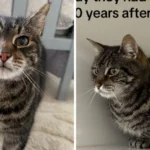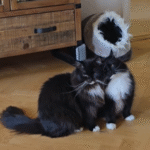Have you ever walked into a sunlit room and spotted your cat curled up, barely making a sound, even as you enter? It’s almost like they’re holding onto a secret, their silence as soothing as the gentle hum of a lazy afternoon. For cat lovers everywhere, this quietness is both mysterious and endearing. But why do our feline friends hush up in places where they feel comfortable and safe? The answer is far more fascinating than you might think, filled with instinct, emotion, and a little bit of feline magic. Let’s explore the silent world of contented cats, and discover what their quietness truly means.
The Language of Cat Silence
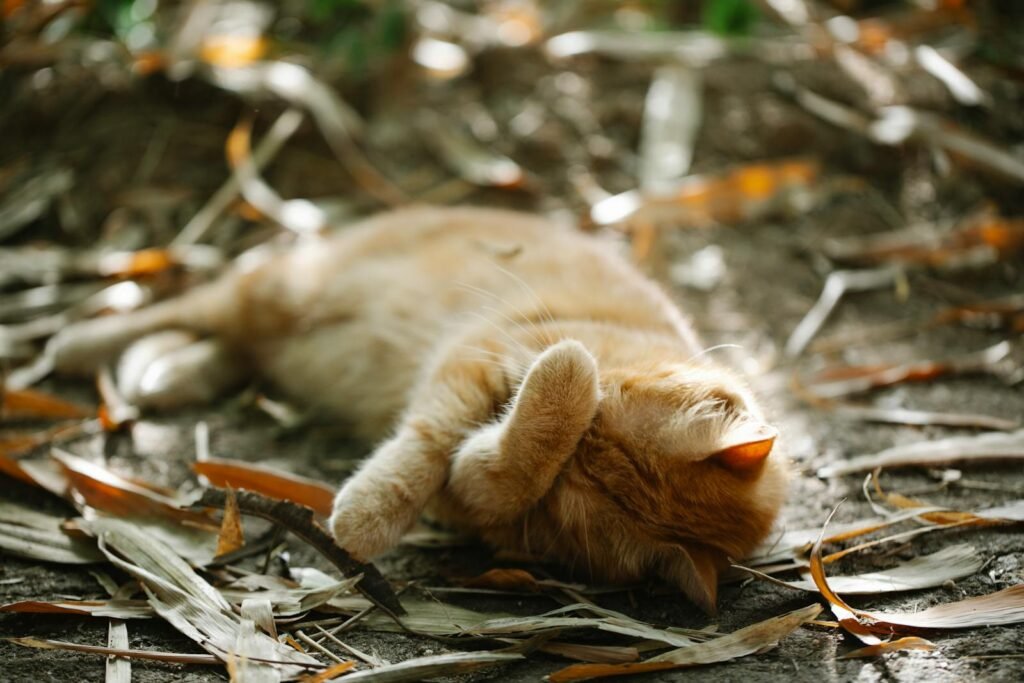
Cats are often misunderstood as aloof or distant creatures, but their silence is a language all its own. When a cat feels at ease, they frequently communicate through subtle body language rather than sound. A gentle blink, a relaxed tail, or a slow stretch can all speak volumes about their mood. In these quiet moments, your cat is showing trust and comfort, choosing not to call attention to themselves. Loud meowing or vocalizations are typically reserved for when a cat wants something or feels threatened. Silence, on the other hand, is a sign that all is well in their world. This quiet communication creates a peaceful bond between you and your feline companion, deepening your connection without a single word.
Instincts Rooted in the Wild
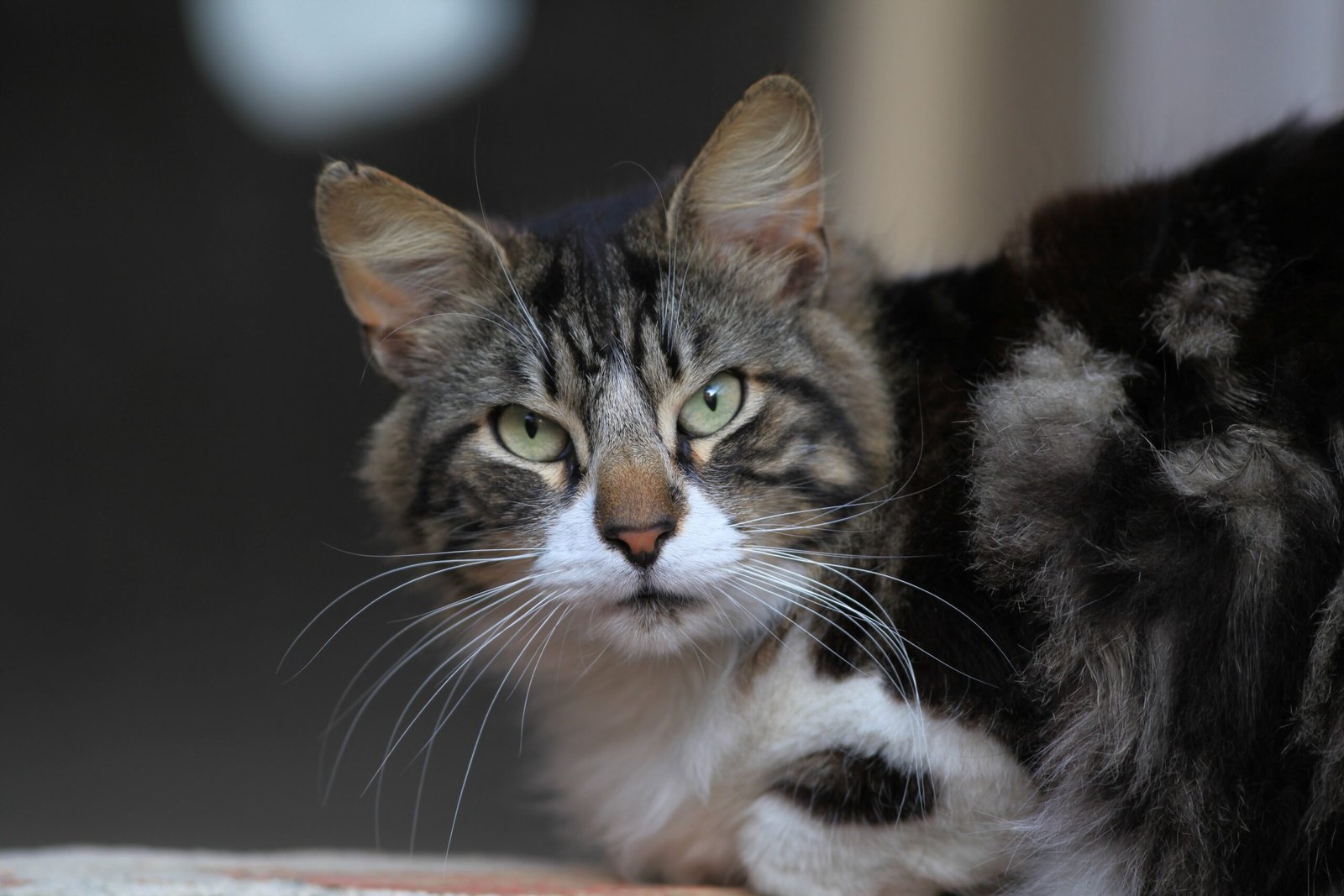
Even the fluffiest house cat carries the instincts of their wild ancestors. In nature, silence is survival. Wild cats stay quiet to avoid attracting predators or alerting prey. When your cat is silent in a safe space, it’s a throwback to these ancient habits. They’re signaling that there’s no danger nearby, so there’s no need for alarm or noise. This ingrained behavior persists, even when the only threat in your home is an overzealous vacuum cleaner. By staying silent, your cat is honoring a lineage that spans thousands of years, blending wild wisdom with the comfort of domestic life.
The Role of Feline Comfort Zones

Just like people, cats have their favorite places where they feel most relaxed. These comfort zones are usually spots where they can observe their surroundings, bask in sunlight, or simply unwind. In these areas, your cat lets down their guard, often becoming extra quiet. They might knead a blanket, close their eyes, or just lounge in silence. This tranquility means they feel completely secure—there’s no need to be vocal or on high alert. Pay attention to where your cat seeks out silence; these spaces reveal a lot about what makes them feel safe and happy.
Social Dynamics and Silent Bonding

Cats may be quieter in familiar company, especially around people or animals they trust. In multi-cat households, you might notice that cats who get along well often sit together in peaceful silence. This is a form of social bonding that doesn’t require words or sounds. Think of it as sharing a comfortable silence with a good friend—the companionship is enough. For cats, being quiet together is a sign of mutual respect and understanding. It’s their way of saying, “I feel safe with you.” These moments are precious, and they remind us that sometimes, the strongest bonds are felt rather than heard.
Stress-Free Environments Encourage Quietness

A calm, predictable home environment goes a long way in helping cats feel secure. When routines are steady and their basic needs are met, cats have fewer reasons to vocalize. Stressful changes, like loud noises or new pets, can disrupt this sense of peace, leading to more meows or yowls. But in spaces where they feel at ease, silence becomes their natural state. A cat that naps quietly or moves about softly is telling you that their world feels safe and stable. This quietness is a positive sign, showing that you’ve created an environment where your pet can truly relax.
Health and Well-Being Reflected in Silence
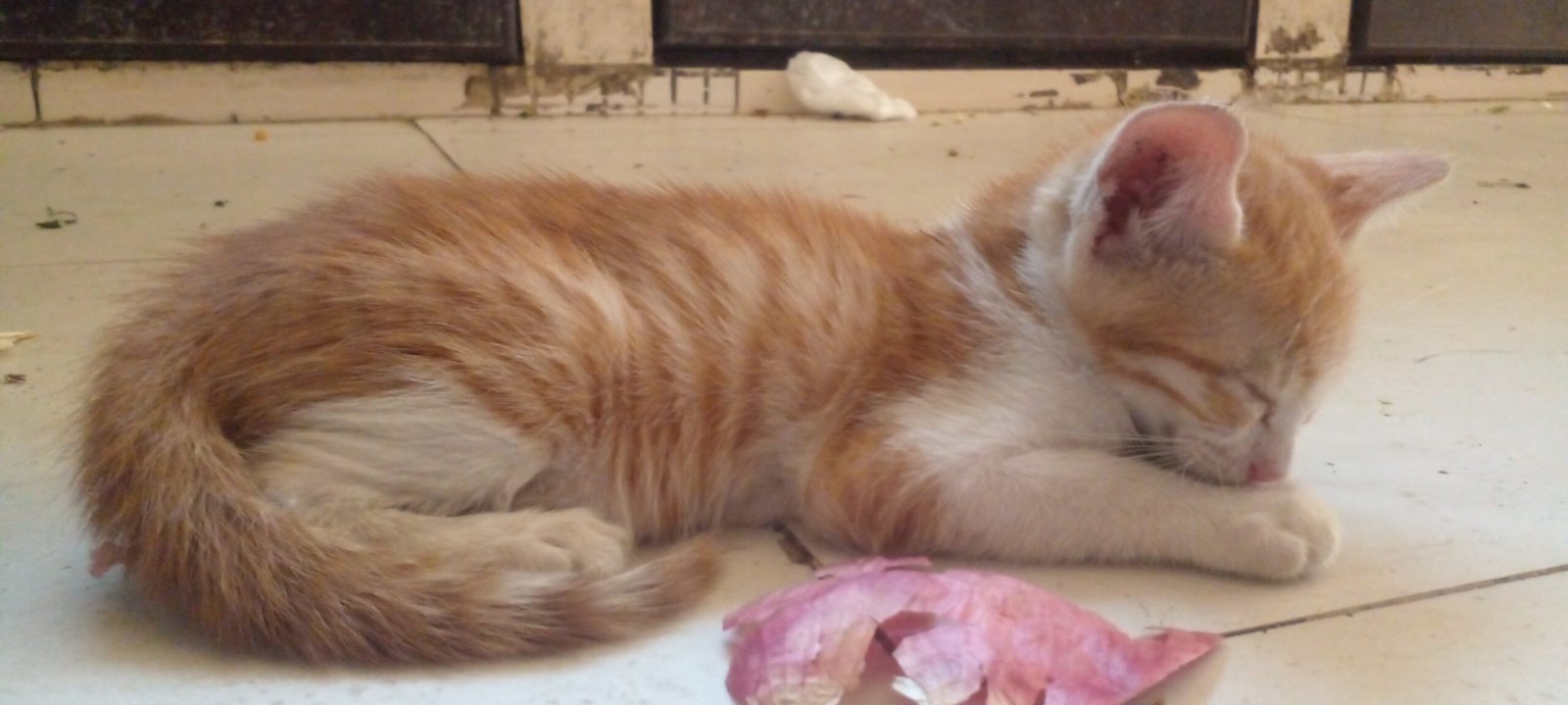
Healthy cats are often quiet cats, particularly when they feel good physically and emotionally. If your cat is eating well, grooming, playing, and resting quietly, it’s a strong indicator of their overall well-being. Of course, sudden changes in behavior—like becoming unusually silent or withdrawn—can signal health issues and should be checked by a vet. But for the most part, a silent cat in a cozy corner is a happy cat. Their calmness is a reflection of both their health and their happiness, a living testament to the care and love they receive.
Understanding Your Cat’s Unique Personality
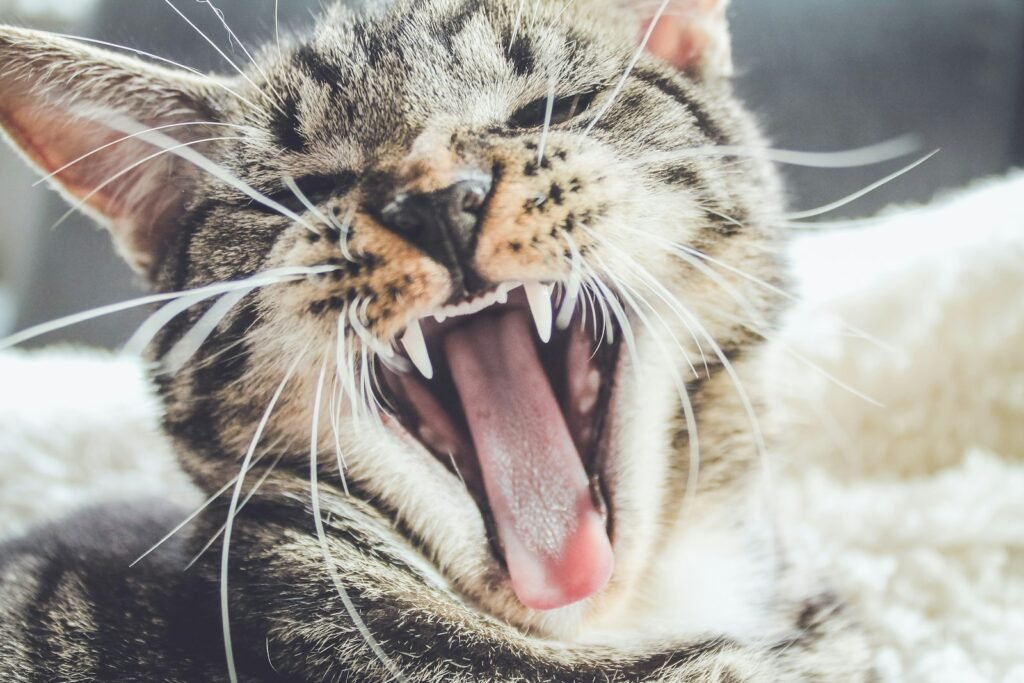
Every cat is an individual, with their own quirks and preferences. Some are naturally more vocal, while others prefer to let their actions (or lack thereof) do the talking. Getting to know your cat’s unique personality helps you understand their silence. Does your cat go quiet when you’re nearby, or do they save their chatter for mealtime? Observing these patterns gives you clues about what makes them comfortable. Remember, your cat’s silence is just one part of their rich, expressive world—a world that’s filled with meaning, even when it’s quiet.

Growing up traveling and experiencing new cultures and wonders, I have had a passion for nature, adventuring, photography, and videography. I am currently working towards a BSc in Biodiversity and Ecology at Stellenbosch University, and I hope to specialise in Marine Sciences one day.
Please send any feedback to Feedback@animalsaroundtheglobe.com

